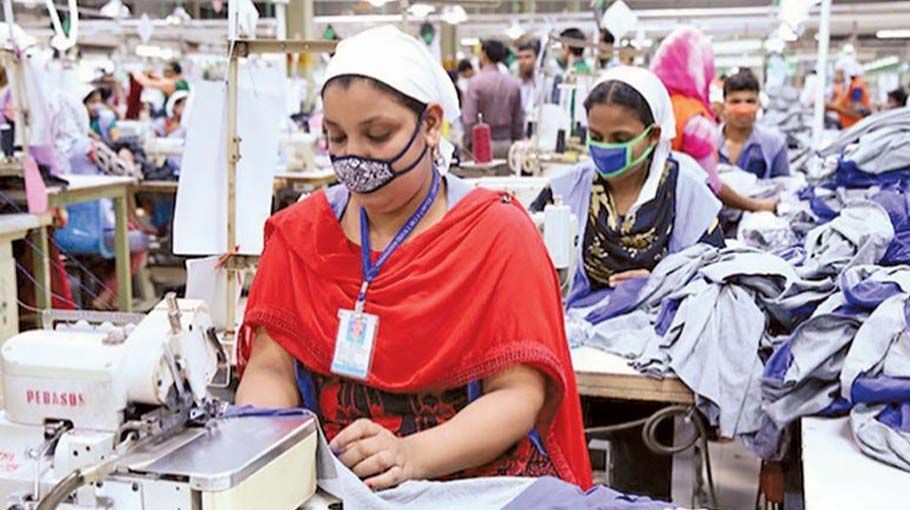Aftermath of Bangladesh graduation
Myriad of challenges to meet squarely

The UNGA resolution for graduation of Bangladesh to a developing country from the status of the least developed countries (LDCs) is a milestone in the country's post-independence economy, said economists and business leaders.
This will further brighten the image of the country, they said adding that, this achievement will play a big role in the branding of the country across the World.
After graduation the country will face various challenges in employment, poverty alleviation, women empowerment, exports and service sectors, they added.
The government should address the challenges and take advantage of becoming a developing country by formulating a smooth transition strategy (STS), they further said.
AB Mirza Azizul Islam, economist and financial adviser to a former caretaker government, told the Bangladesh Post, “Now it is one more step ahead to become a developing country. But now we will face some challenges. One is in the case of trade.”
In particular, the EU's duty-free and quota-free facilities will no longer exist after the graduation, he mentioned.
The European Union has a GSP plus system for developing countries, and we have to try for that, he said adding that, although there are several conditions such as labor rights, workplace safety, and so on, we have to keep that in mind.
“However, there is still time for five years. It remains to be seen whether we can get more time here. These challenges need to be addressed. This requires diversification of exports. We have to try to get better prices by improving the quality of export products,” Islam said.
Mustafizur Rahman, a distinguished fellow of the Centre for Policy Dialogue (CPD), said that the transition from LDC to developing country will enhance the status of Bangladesh in the world.
Commenting on the great achievement for the country in the 50 years of independence, he said, “This achievement will be helpful not only in Bangladesh but also for those who are doing business abroad. The image of the country will play a big role in branding.”
In addition, it will play a role in the credit rating required to get foreign direct investment (FDI), he mentioned.
At the same time, it will send a positive message to those who want to invest in Bangladesh or are interested in expanding business abroad, Rahman further said.
“In the current budget, the subsidized sectors will no longer exist, there will be no export facility under quota and duty free facility. To address these challenges, plans need to be implemented from now on”, he said.
After graduation Bangladesh will be deprived of intellectual property benefits in drug production, he said adding that, we have to prove our talent, skills, and qualifications. We need to diversify our domestic products, he mentioned.
We have to get out of the competition that we have been in for so long and create a new competitive environment, he said.
Mostafizur Rahman said, “The government has started implementing the Eighth Five Year Plan. Many challenges can be overcome if it is implemented successfully.”
Nazneen Ahmed, economist of the United Nations Development Programme (UNDP), said when we move out of the list of least developed countries in 2026, Bangladesh will have to face challenges in the international arena in terms of trade and commerce, enforcement of intellectual property laws, interest rates on loans, priorities for cooperation on climate change, and so on.
She said the government is in the process of formulating a smooth transition strategy (STS) to address that challenge.
The government is working closely with leading business and trade leaders of the country, policy makers concerned and various development partners, including the United Nations, she added.
“My current organization UNDP is working closely with the Economic Relations Division (ERD) to create an STS for Bangladesh. There are many challenges in the process of making this landmark achievement of Bangladesh meaningful and fruitful for the common man. We will all tackle those challenges together. Ordinary citizens have many responsibilities in this regard,” Nazneen mentioned.




